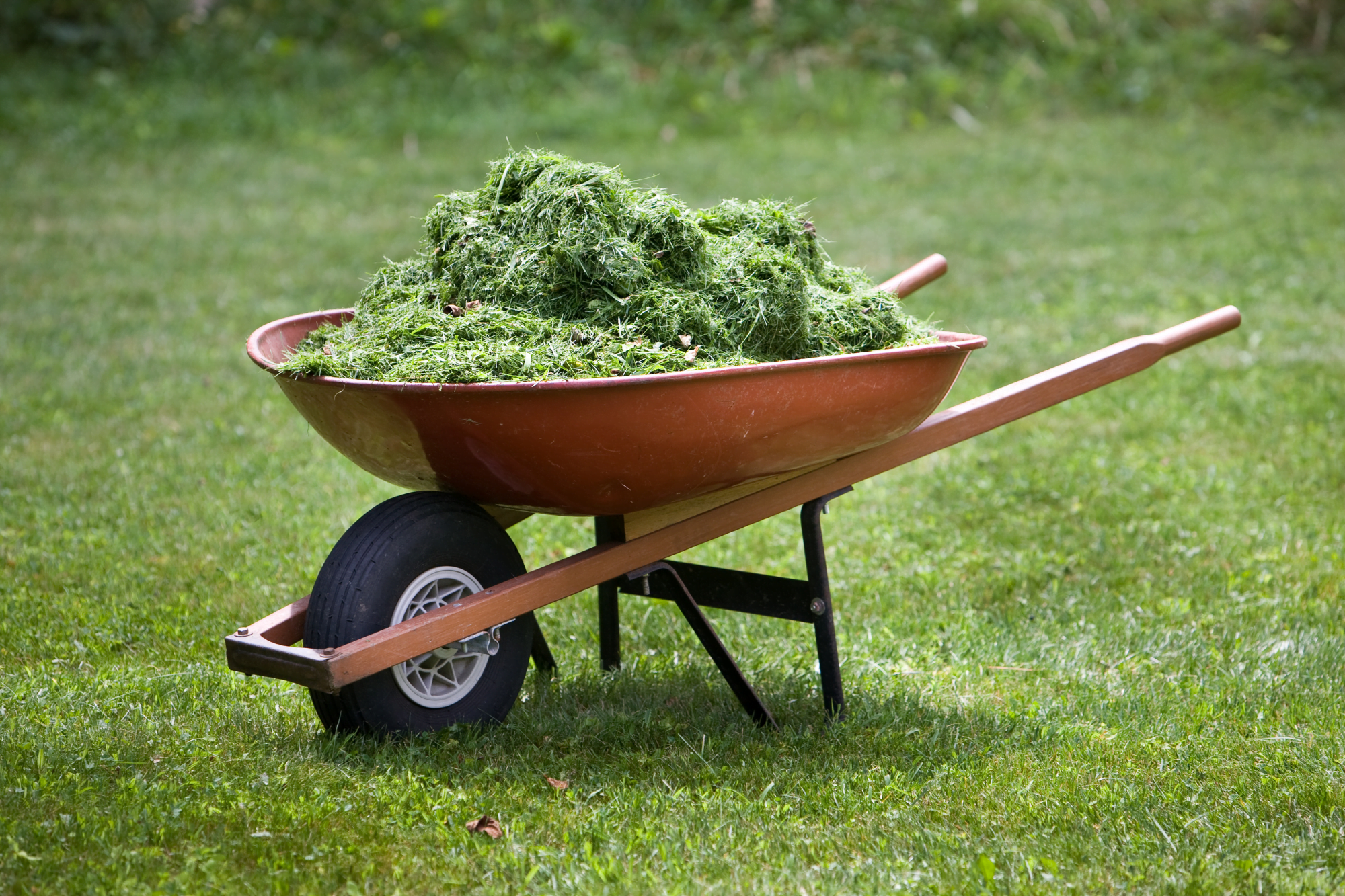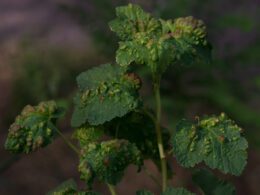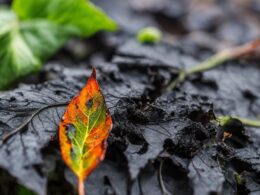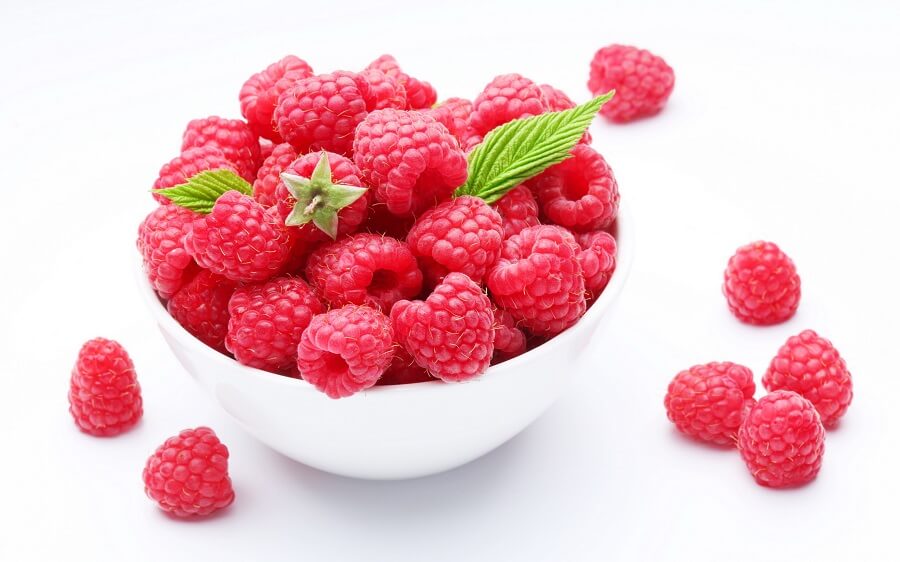Quick Summary
- Grass clippings can take 4-6 months to fully decompose.
- Using grass clippings as mulch can speed up decomposition.
- Composting grass clippings can expedite the decomposition process, reducing waste and enriching the soil.
- Proper storage, turning the compost pile, and moisture control are important factors for optimal decomposition.
The Decomposition Process of Grass Clippings
Have you ever wondered how long it takes for your grass clippings to break down and become part of the natural cycle? When it comes to the decomposition process of grass clippings, it typically takes around two to four weeks for them to fully decompose. However, this timeframe can vary depending on various factors such as temperature, moisture levels, and the composting techniques used. Composting is an effective way to speed up the decomposition process of grass clippings. By creating a compost pile or bin, you can provide the ideal conditions for microorganisms to break down the clippings. To ensure a successful composting process, it’s important to create a balanced mix of grass clippings, along with other organic materials such as leaves and kitchen scraps. Turning or aerating the compost pile regularly will also help to speed up decomposition. Not only does composting grass clippings help them break down faster, but it also has a positive environmental impact. By diverting grass clippings from landfills, you reduce the production of methane gas, a potent greenhouse gas. Instead, the decomposition process occurs in a controlled environment, allowing the nutrients from the grass clippings to be returned back to the soil, enriching it and promoting healthy plant growth. Grass clippings can take around two to four weeks to decompose fully. By utilizing composting techniques, you can speed up the process and contribute to a healthier environment. So, consider composting your grass clippings and make a positive impact on the natural cycle.Composting Grass Clippings
If you’re looking to make the most out of your grass clippings, composting them is a great idea. Composting grass clippings has several benefits, including reducing waste, enriching your soil, and saving money on fertilizer.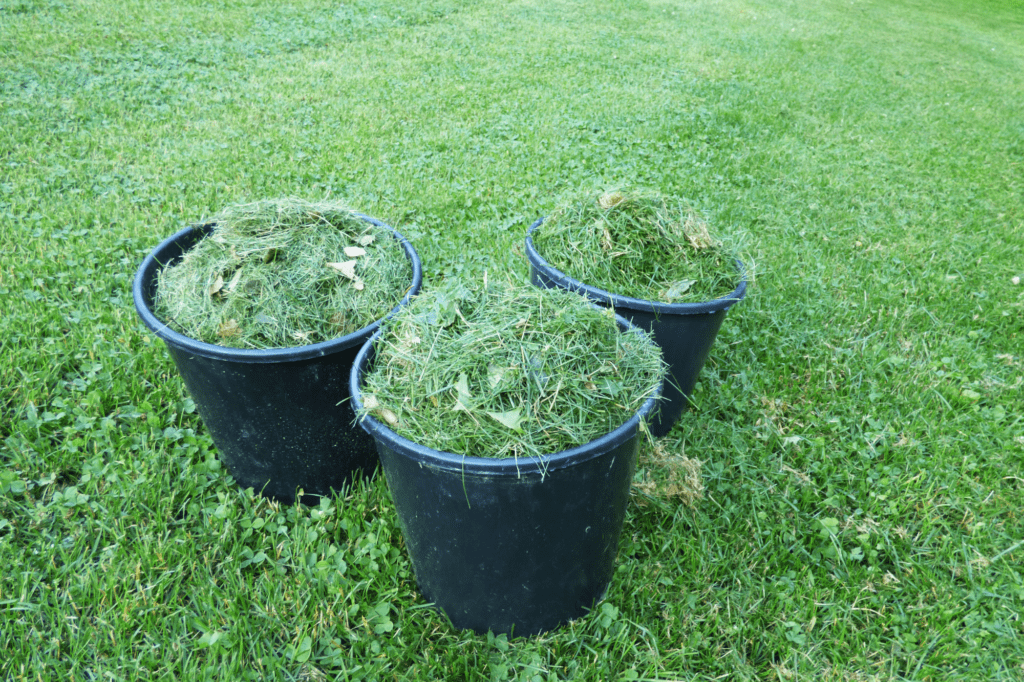 To properly compost grass clippings, make sure to mix them with other organic materials, turn the compost regularly, and keep it moist but not too wet.
To properly compost grass clippings, make sure to mix them with other organic materials, turn the compost regularly, and keep it moist but not too wet.
Benefits of Composting
To speed up the decomposition process of grass clippings, you can add them to your compost pile. This not only benefits your garden but also reduces waste and enriches the soil. Here are some composting techniques that will help you achieve efficient decomposition:- Proper layering: Alternate layers of grass clippings with other organic materials like leaves, kitchen scraps, and shredded paper. This ensures a good balance of carbon and nitrogen, essential for decomposition.
- Turning the pile: Regularly turning the compost pile helps aerate it, providing oxygen that speeds up the breakdown of the grass clippings.
- Moisture control: Keep the compost pile moist, but not too wet. This helps create an optimal environment for decomposition.
How to Properly Compost Grass Clippings
Transform your garden into a thriving oasis by properly composting your grass clippings, unlocking a world of vibrant blooms and lush greenery. To ensure safety and prevent any unpleasant odors, it’s important to properly store your grass clippings while they decompose. Start by creating a designated composting area away from your living spaces. This will help contain any potential smells and keep your garden smelling fresh. Layer the grass clippings with other organic materials such as leaves or kitchen scraps to promote proper decomposition. Remember to turn the pile regularly to aerate it and speed up the process. Additionally, avoid adding any diseased or chemically treated grass clippings to your compost pile, as this can harm your plants. By following these guidelines, you can enjoy the benefits of composting grass clippings while maintaining a safe and odor-free environment in your garden.Time Frame for Grass Clipping Decomposition
Grass clippings typically take quite a while to decompose. The time frame for grass clipping decomposition can vary depending on several factors, including the size of the clippings, the temperature, and the moisture levels. On average, it can take anywhere from a few weeks to several months for grass clippings to completely break down. The decomposition process starts as soon as you add the grass clippings to your compost pile. The clippings will begin to break down as microorganisms, such as bacteria and fungi, feed on the organic matter. These microorganisms require oxygen, moisture, and the right temperature to thrive and speed up the decomposition process. To ensure a safe and efficient decomposition process, it’s important to maintain the right conditions. Make sure to turn the compost pile regularly to provide oxygen and prevent the clippings from becoming compacted. Additionally, keep the pile moist but not overly wet, as excessive moisture can lead to a smelly and anaerobic compost pile. By following these guidelines and providing the optimal conditions, you can help speed up the decomposition process and have nutrient-rich compost for your garden. Remember to be patient and allow nature to take its course. With time, your grass clippings will transform into valuable compost that will benefit your plants.What Should I Do with Grass Clippings When Laying New Turf?
When laying new turf, it’s crucial to remove old grass and lay a solid foundation for long-lasting results. Properly disposing of grass clippings is important for maintaining a healthy lawn. Consider composting the clippings or using them as mulch. By following these steps, you can ensure a successful and vibrant turf.
Does Watering Mondo Grass Affect the Decomposition of Grass Clippings?
Watering mondo grass plays a crucial role in the decomposition process of grass clippings. Adequate watering fosters optimal decomposition, as it creates the necessary moisture levels for microbes to break down the grass clippings effectively. Consistent watering ensures an optimal environment for microorganisms, enhancing the decomposition rate and maintaining a healthy lawn.
Using Grass Clippings as Mulch
If you want to improve your garden and reduce waste, using grass clippings as mulch is a great option. Not only does it save you time and money, but it also provides numerous benefits for your plants.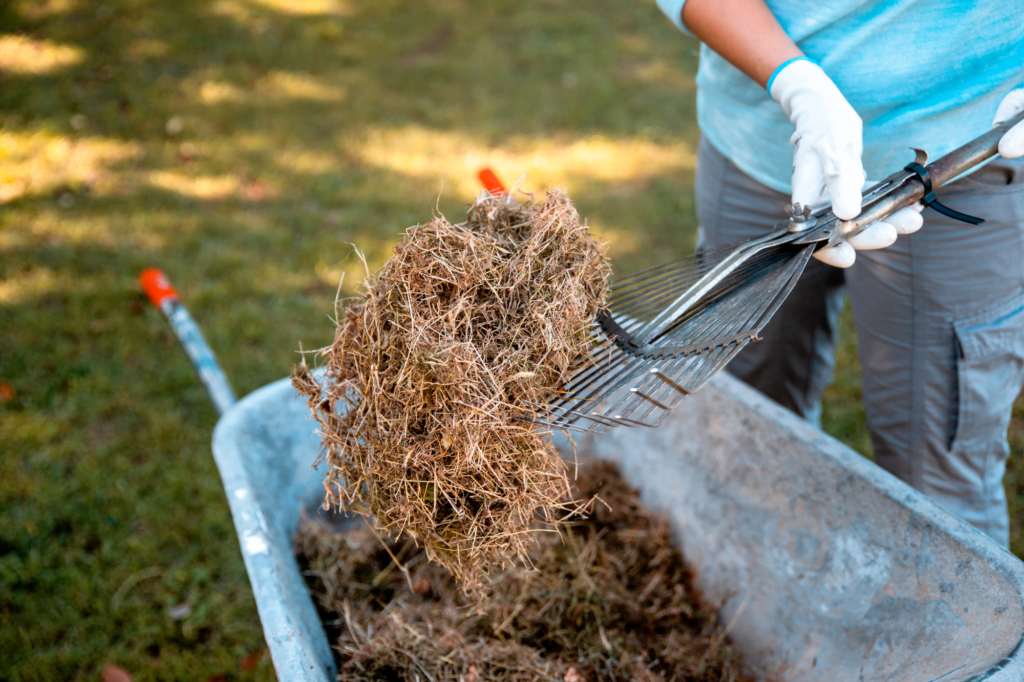 To use grass clippings as mulch effectively, simply spread a thin layer around your plants, making sure to avoid clumping, and replenish it regularly to maintain its effectiveness.
To use grass clippings as mulch effectively, simply spread a thin layer around your plants, making sure to avoid clumping, and replenish it regularly to maintain its effectiveness.
Benefits of Using Grass Clippings as Mulch
You’ll love the many benefits of using grass clippings as mulch! Not only is it a cost-effective option, but it also provides numerous advantages for your vegetable garden. Using grass clippings as mulch helps retain moisture in the soil, which is crucial for the healthy growth of your plants. It acts as a barrier, preventing weed growth and reducing the need for manual weeding. This not only saves time but also reduces the use of harmful chemicals in your garden. Grass clippings also break down over time, adding valuable nutrients to the soil, promoting healthier plant growth. Additionally, it helps regulate soil temperature, keeping it cooler during hot summer months. Overall, using grass clippings as mulch in your vegetable garden offers a safe and effective way to enhance plant growth and reduce weed control efforts.How to Use Grass Clippings as Mulch Effectively
Now that you know about the benefits of using grass clippings as mulch, let’s talk about how to use them effectively in your garden. Using grass clippings in compost is a great way to repurpose them and create nutrient-rich soil. To start, mix the clippings with other organic materials like leaves or kitchen scraps. This will help balance the carbon-to-nitrogen ratio and speed up the decomposition process. Once you have your compost ready, spread a layer of grass clippings around your plants, making sure not to smother them. The clippings will act as a natural mulch, suppressing weeds, retaining moisture, and regulating soil temperature. Remember to avoid using grass clippings that have been treated with herbicides or pesticides, as they can harm your plants. So, embrace the benefits of mulching with grass clippings and watch your garden thrive!Alternative Uses for Grass Clippings
If you’re looking for alternative uses for your grass clippings, two great options are adding them to your garden beds and using them as animal bedding. Adding grass clippings to your garden beds can help retain moisture and suppress weeds, while also providing nutrients as they decompose. Using grass clippings for animal bedding can provide a comfortable and insulating surface for your animals, while also being a sustainable and cost-effective option.Adding Grass Clippings to Garden Beds
To speed up the decomposition process in your garden beds, simply incorporate grass clippings. This will not only enrich the soil with essential nutrients but also promote healthier and more vibrant growth of your plants. Adding grass clippings to your vegetable garden or flower beds has several benefits:- Weed suppression: Grass clippings act as a natural mulch, preventing weed growth and reducing the need for chemical weed killers.
- Moisture retention: By adding a layer of grass clippings to your garden beds, you can help retain moisture in the soil, reducing the need for frequent watering.
- Soil improvement: Grass clippings break down over time, adding organic matter to the soil and improving its structure and fertility.
Using Grass Clippings for Animal Bedding
Incorporating grass clippings into animal bedding can greatly enhance the comfort and cleanliness of their living area. By using grass clippings as bedding, you can provide a soft and cozy environment for your animals. Not only does it offer comfort, but it also has nutritional benefits. Grass clippings contain essential nutrients that can be beneficial for your animals’ health. However, it’s important to ensure that the grass clippings are free from any harmful chemicals or pesticides. This ensures the safety of your animals and prevents any potential harm. Additionally, using grass clippings for animal bedding is also environmentally friendly. It reduces waste by recycling the clippings and helps promote a sustainable lifestyle. So, by incorporating grass clippings into your animal bedding, you can provide a safe and comfortable space while also considering the environmental impact.Tips for Faster Grass Clipping Decomposition
One way to expedite the decomposition of grass clippings is by using a composting method. Composting is a natural process that breaks down organic materials, like grass clippings, into nutrient-rich soil. Here are some tips for faster grass clipping decomposition:- Properly mix the grass clippings with other organic materials, such as leaves or kitchen scraps. This’ll create a balanced carbon-to-nitrogen ratio and encourage faster decomposition.
- Turn the compost pile regularly to aerate it. Oxygen’s essential for the decomposition process and turning the pile’ll help distribute oxygen throughout.
- Keep the compost pile moist, but not soggy. Moisture’s crucial for the microorganisms that break down the grass clippings. If the pile becomes too dry, add some water to maintain the right moisture level.
- Chop the grass clippings into smaller pieces before adding them to the compost pile. This’ll increase the surface area and speed up the decomposition process.





